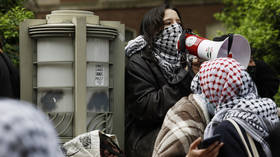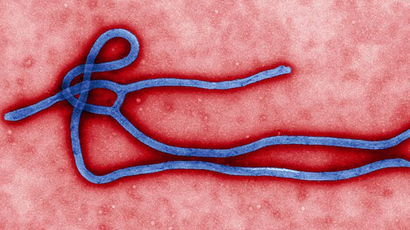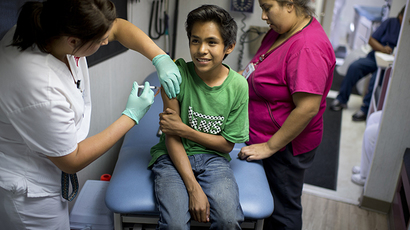Incurable chikungunya virus spreads in US, at least 6 states affected
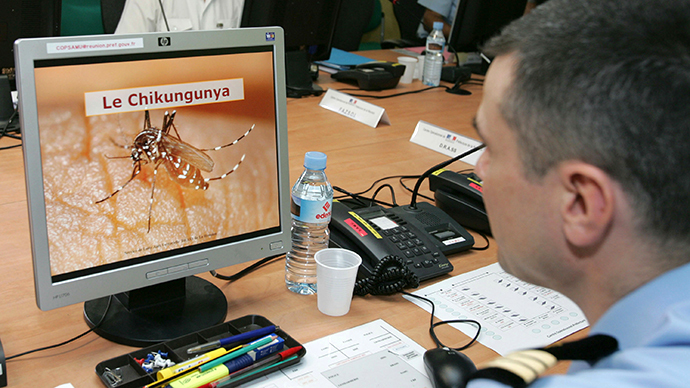
US health officials are on high alert as a mosquito-borne virus that yet has no cure has struck six of the US states. The virus called chikungunya causes severe joint pain which can last for years.
The latest case of the virus has been confirmed by Tennessee officials as the resident of Madison County, has been tested positive for the virus. The officials, however, added that there was no transmission to other residents in the state.
"It will be more difficult for the virus to establish itself here," Dr. William Schaffner, an infectious disease specialist at Vanderbilt University Medical Center in Nashville, Tennessee told Tech Times.
Rhode Island authorities also confirmed two cases of the mosquito-borne virus. They involve travelers who returned from the Dominican Republic on May 17 and May 29, said state officials, adding that authorities are currently investigating several other suspicious cases of the virus.
Florida has been the worst hit by the virus, with at least 25 cases reported in the state, according to the US Centers for Disease Control and Prevention.
The Florida Department of Health released a set of guidelines in order to avoid becoming infected and spreading the virus.
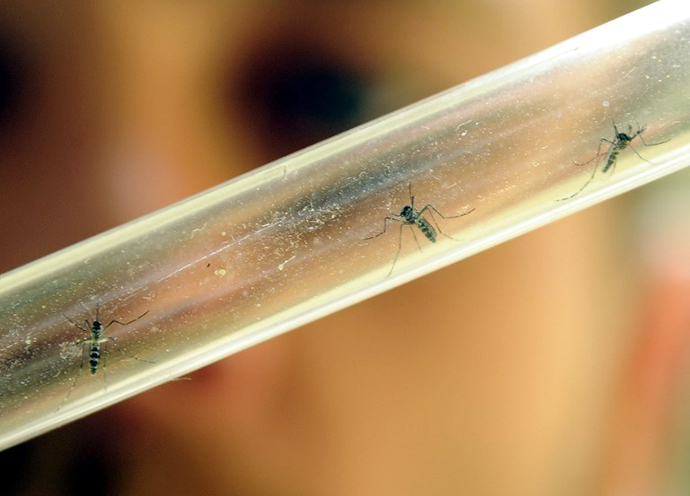
The cases of the virus, transmitted to humans through mosquitoes, have also been confirmed in North Carolina, Nebraska and Indiana.
On Wednesday, the virus affected two residents from the US Virgin Islands, according to local authorities.
“The first case has been confirmed as locally acquired; the second case is an imported case with the patient recent travel history outside of the Territory,”said the Department of Health in the US Virgin Islands in a press release.
Florida officials advised residents “to wear long sleeves and long pants when possible," and “use mosquito-proof screens on windows and doors.”
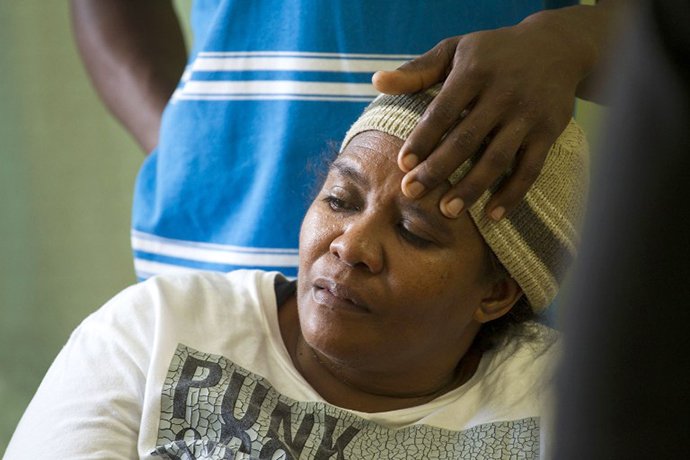
Symptoms of the malaria-like illness include fever, headache, chills, sensitivity to light, and rash, vomiting and severe joint pain, according to World Health Organization (WHO). Occasional cases of eye, neurological and heart complications have been reported, as well as gastrointestinal complaints, it adds. They usually begin three to seven days after infection occurs. The consequences include a long period of joint pains which may persist for years in some cases. Though the virus rarely leads to death, the problem is that there is currently no vaccine available. The treatment only aims at improving the symptoms.
According to WHO, Chikungunya was first described during an outbreak in southern Tanzania in 1952, eastern Africa, and since then has been detected in nearly 40 countries in Asia, Africa, Europe and also in the Americas.
The Pan American Health Organization says that about 165,000 cases have been either suspected or confirmed in the Caribbean since it was first documented in 2013-2014 with 14 death cases. Most of the cases have been detected in Dominican Republic, Guadalupe, Martinique and Haiti.




